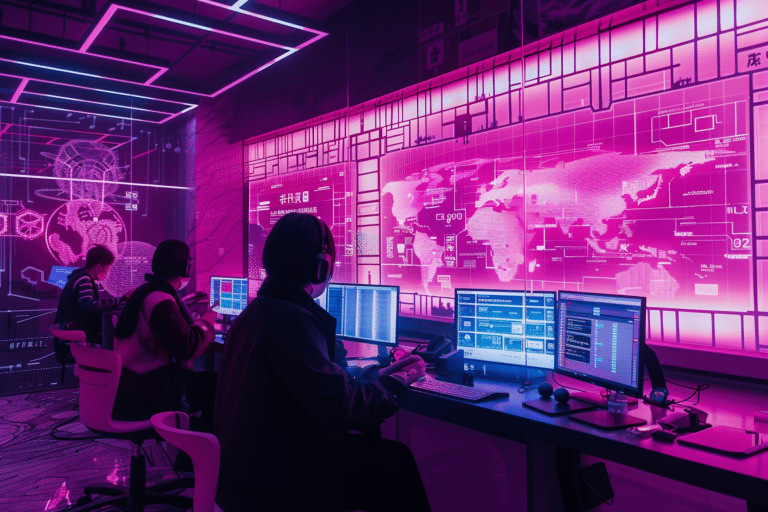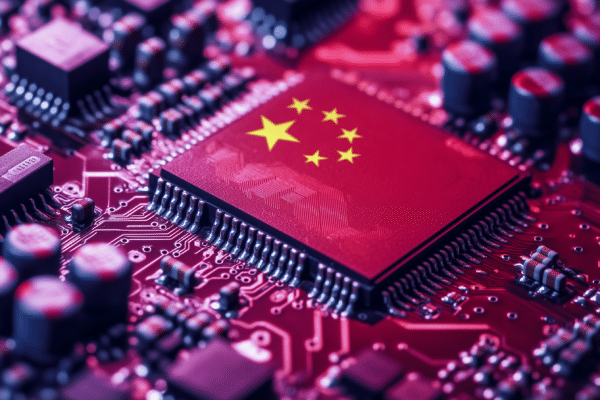China is rapidly catching up with the United States in AI development. Several Chinese companies have unveiled technologies that rival U.S. systems, available to consumers and software developers around the world, according to a New York Times report.
While there are fears in the U.S. that these technologies could facilitate disinformation, Chinese companies are more willing to share their software. This open-source approach allows others to develop products using the same technology, accelerating technological advancement. The Asian giant seeks to lead this sector with potential implications for productivity gains and advances in military technologies.
The White House has implemented trade embargoes to prevent Chinese companies from accessing the most powerful chips critical to building advanced AI. Major U.S. technology companies are also exploring new technologies that exceed current capabilities. In China, however, open source technology could help circumvent these restrictions.
The rapid advancements in China's AI capabilities are further bolstered by significant government investments and a growing pool of skilled professionals. Beijing has not only poured resources into developing cutting-edge AI but has also established favorable policies to support tech startups and foster innovation. This government-backed support has created a robust ecosystem that nurtures AI research and development, positioning China as a formidable competitor on the global stage.
Kuaishou's Kling video generator Kling, for example, has launched globally, showing the speed of Chinese progress. Companies such as 01.AI and Alibaba have also achieved high standards in AI performance testing.
The debate over whether these technologies should be open or closed remains intense. Some in China believe the technology is more profitable and secure when controlled. Still, Beijing encourages profit sharing from AI investments.
Despite censorship restrictions, Chinese companies continue to develop robust technologies that can compete with U.S. systems. This raises the possibility of U.S. developers building their systems on top of Chinese technologies if regulations limit open-source projects in the United States.The future of artificial intelligence could lie in the balance between open innovation and regulation, with China positioning itself as an emerging leader in this crucial area for the global future.






